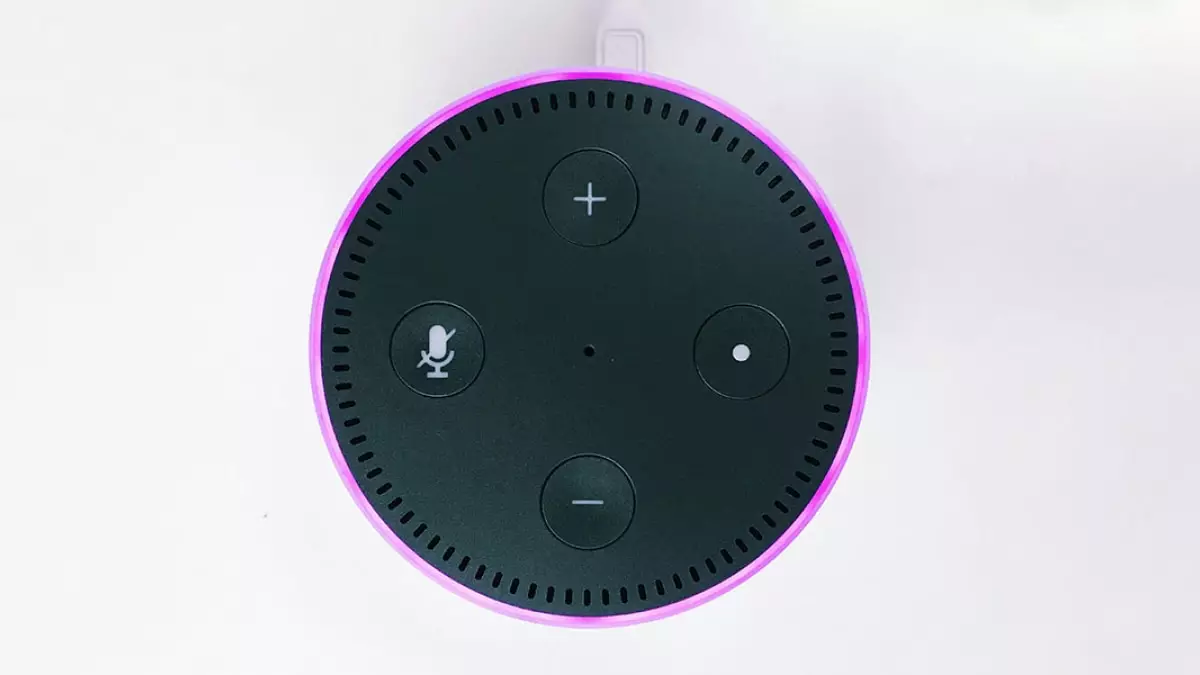In today’s increasingly interconnected world, the irony is palpable; technology designed to connect us has inadvertently given rise to significant feelings of isolation, particularly among older adults. With the World Health Organization reporting that loneliness affects up to one-third of the population in various regions, the urgency to address this growing concern has never been greater. Loneliness is not just an emotional struggle; it can have severe physical and psychological implications that warrant immediate attention and innovative solutions.
Recent studies have turned a keen eye toward digital voice assistants, such as Amazon’s Alexa and Google Assistant, to see if these tools might mitigate some of the loneliness experienced by older adults. Researchers, led by Elena Castro from Universitat Oberta de Catalunya, suggest these devices could play a pivotal role in enhancing social interactions for those feeling isolated. Although her research indicates promising outcomes—with around 85% of the studies reviewed recognizing potential benefits—there are caveats to their effectiveness that cannot be ignored.
These devices can provide basic companionship and reminders for daily activities but lack the capacity for emotionally nuanced conversations. The richness of human interaction, characterized by empathy and adaptability, is something that current AI lacks. As these technologies evolve, it will be essential to evaluate if they can adapt to the emotional needs of older adults who use them.
While the integration of voice assistants into everyday life appears beneficial, it raises significant questions concerning privacy and data security. These devices are programmed to listen continuously, creating a potential risk for unintentional data breaches. Castro emphasizes the critical need for educating users about privacy measures and the ethical implications of data handling. Protecting older adults’ privacy is paramount to build trust; failure to do so could exacerbate feelings of vulnerability, further isolating them rather than relieving loneliness.
Experts are also cautious regarding an overdependence on technology. While voice assistants can play a supportive role, they cannot replace the richness of genuine human interaction. There’s a fear that reliance on these devices might lead to a reduction in face-to-face social engagements, which are crucial for emotional well-being.
In the future, it is envisioned that voice assistants may be intricately woven into the fabric of elderly care systems. They could help remind seniors about medications or assist them in organizing social activities, thereby encouraging more interaction with friends and family. However, it is crucial that these technologies do not serve merely as a replacement for human connection but instead act as a facilitator of community and support.
The challenge lies in ensuring that these tools are implemented thoughtfully, addressing both the positives and negatives they present. As we stand on the cusp of a technological revolution in care for older adults, a balanced approach is necessary—one that appreciates the value of human relationships while cautiously integrating digital solutions. Only then can we hope to effectively combat the pervasive loneliness that shadows so many in our society.


Leave a Reply